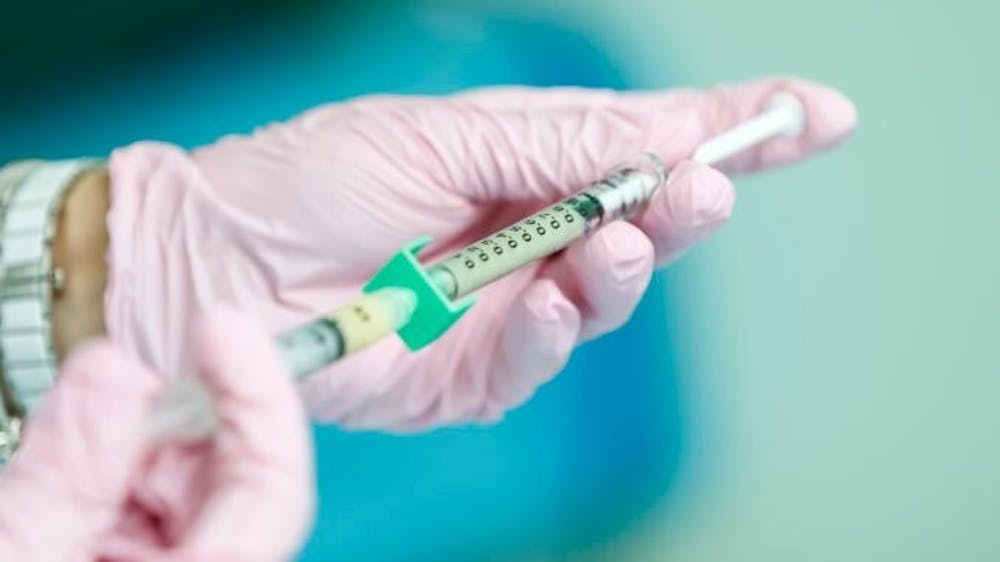Durham County confirmed its first case of monkeypox on July 12. Since then, the county has provided vaccines and health experts have provided tips on how to slow the already low transmission rate.
The North Carolina Department of Health and Human Services reported a total of 34 cases as of July 25. The World Health Organization declared monkeypox a global health emergency on Saturday.
Monkeypox is a virus that spreads through contact with body fluids, monkeypox sores or contaminated items like clothing or bedding, according to the Center for Disease Control. It is a completely different virus than the viruses that cause COVID-19, and it is not transmitted through shared airspace. Health experts advise the public to identify early symptoms and limit skin-to-skin contact if a positive result is identified.
Unlike COVID-19, Cameron Wolfe, associate professor of medicine and infectious diseases, foresees that monkeypox is unlikely to impact day-to-day life due to its low transmission rates.
“We don't expect large outbreaks of this,” Wolfe said. “We don't expect this to affect the way we take classes [or] the way the university works.”
Though most prevalently found in men who have sex with men, Wolfe said the possibility of monkeypox transmission is just as likely between heterosexual couples and gay couples.
“The key here is that so far, this has transmitted heavily but not exclusively for LGBTQ groups,” Wolfe said.
Durham is one of the first local North Carolina health departments to receive doses of Jynneos, a vaccine that can prevent illness or lead to less severe symptoms if given within two weeks after someone is exposed to monkeypox, according to a NCDHSS press release.
Due to the limited amount of doses, the vaccine is reserved for individuals who have been in close physical contact with someone diagnosed with monkeypox, and “men who have sex with men, or transgender individuals, who have had multiple or anonymous sex partners in the last 14 days in either a venue where monkeypox was present or in an area where the virus is spreading.” People can get vaccinated by appointment at the Durham County Department of Public Health.
Monkeypox testing is available at all Duke Urgent Care locations, emergency departments and some primary care providers. People who suspect they have monkeypox should call their primary care doctor in advance to ask if testing is available.
Sabrina Assoumou, professor of medicine at Boston University School of Medicine, advises people to be vigilant for any symptoms of monkeypox. Though symptoms vary between individuals, common ones are early flu, bulging lymph nodes, blisters and rashes. Monkeypox can spread from the start of symptoms to the time the rash has fully healed, and it tends to last two to four weeks.
To prevent contracting monkeypox, Wolfe advises the public to avoid skin-to-skin contact if rashes are present.
Get The Chronicle straight to your inbox
Sign up for our weekly newsletter. Cancel at any time.

